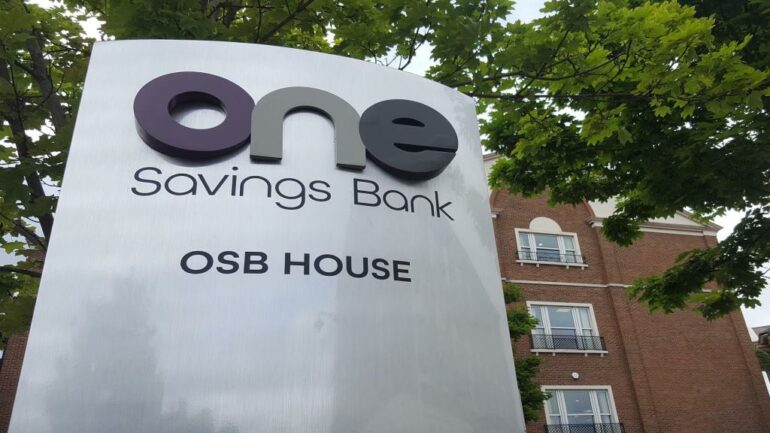Share prices for OSB Group PLC are down 18.42% at the time of writing on 15th August 2024, following a warning that its 2024 profit margins would remain broadly flat due to rising costs and a subdued mortgage market.
OSB Group released its H1 2024 interim results today, which were described in the report as “resilient despite the subdued mortgage market.”
The group reported an underlying loan book growth of 1.5%, and return on equity of 18%, during the first half of the year.
At the end of May 2024, the group’s share of the buy-to-let mortgage market was approximately 9%
OSB Group delivered an underlying pre-tax profit of £249.9m in H1, up from £116.6m in the first half of 2023, primarily as a result of non-recurrence of the adverse effective interest rate (EIR) adjustment and loan book growth.
This was partially offset by lower prevailing spreads from mortgages and deposits as products written in prior years reached maturity and Minimum Requirement for Own Funds and Eligible Liabilities (MREL) issuance.
Underlying profit before tax also benefitted from an impairment credit compared to a charge in the previous period.
On a statutory basis, profit before tax was £241.3m and basic earnings per share were 44.4 pence (H1 2023: £76.7m and 12.8
pence, respectively).
The report said: “The Group is undertaking a cautious re-entry into more cyclical, higher margin sub-segments, including commercial and asset finance, supported by improvement in the macroeconomic outlook.
“Whilst it will take time to impact the net interest margin this approach will provide a positive contribution to returns in the medium term.”
Underlying administrative expenses increased by 15% to £125.7m from £109.2m in the prior period due to planned investment in people and operations, further spend on the digitalisation programme and the cost of the new Bank of England levy.
Balances over three months in arrears were at 1.6% of the loan book at the end of June (31 December 2023: 1.4%).
OSB Group said the increase in arrears was largely due to the impact of the higher cost of borrowing on a small group of borrowers.
The Group’s average loan to value (LTV) was 66% as at 30 June 2024.
The Group recorded an impairment credit of £5.2m on an underlying basis, due to updated macroeconomic scenarios, particularly house
price improvement.
Andy Golding, CEO of OSB Group, said: “We have seen an improvement in the macroeconomic outlook recently which supports our cautious re-entry into more cyclical, higher margin sub-segments, which will contribute to returns in the medium term.
“We are now past peak interest rates, which will also provide a much-needed stimulus to the mortgage market.
“Based on current market activity and our disciplined approach to lending and retention, the Group now expects to deliver underlying net loan book growth of c.3% for 2024.”
He added: “The Group is well-capitalised and well-positioned to successfully leverage our unique multi-brand structure and benefit from the opportunities as they arise.
“I remain confident in the outlook for the Group and our ability to deliver sustainable and attractive returns for our shareholders.”
However, Russ Mould, investment director at AJ Bell, said that these healthy H1 results were overshadowed by lowered profit guidance.
Mould said: “A second summertime profit warning from OSB is hitting its shares hard, although the other challenger banks do not seem unduly concerned for now, even if the lender is citing competition in the mortgage market and pressure on net interest margins as the source of the lowered profit guidance for the second half of this year.”
He added: “The bank will now have to work hard to prove its stock does not deserve this lowly rating after its second disappointment in a year.
“OSB owns the Kent Reliance, Precise Mortgage and Charter Savings bank brands and is a specialist in Buy-to-Let, residential and commercial property mortgages.
“It has a good record of growth in its loan book and deposit base, a low cost-to-income ratio and capital ratios that comfortably satisfy regulators, but this second warning is undeniably a blow.”



